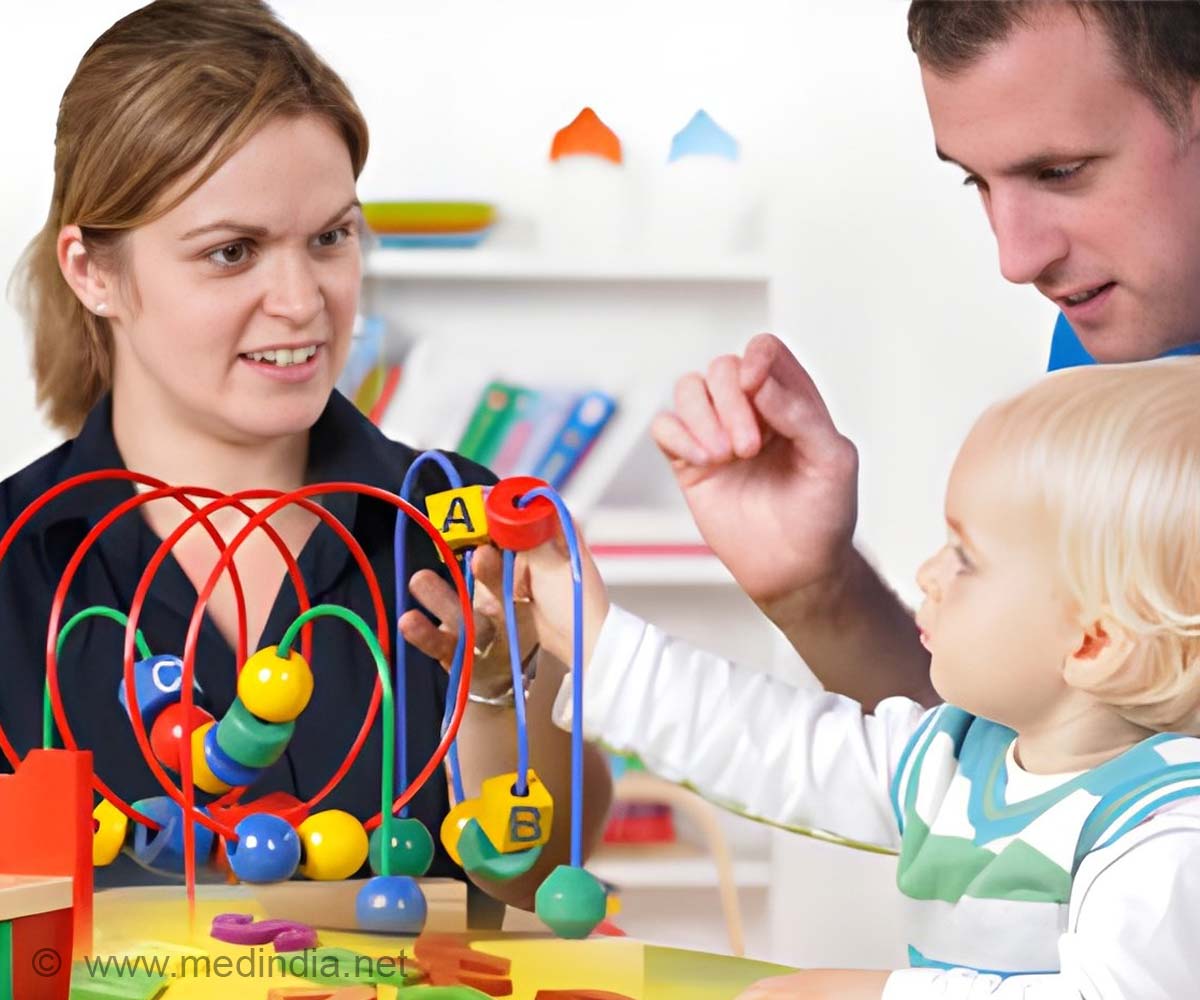Researchers have found that race plays no role in the amount and quality of words mothers use with their children or with the language skills children later develop.

‘Maternal education played an important role in predicting the amount and quality of the mother's language use and the child's language development.’





"Our findings represent a big shift from previous thinking that race-based differences in maternal language play a significant role in children's language outcomes," said Mary Bratsch-Hines from University of North Carolina in the US. The current study followed 1,292 children from birth and is part of the Family Life Project which focuses on disentangling race, socioeconomic status and educational attainment to better understand the factors that influence child outcomes.
Researchers measured the interactions between mothers and their children during four picture book interactions in the home between the ages of 6 and 36 months.
It was found that maternal education played an important role in predicting the amount and quality of the mother's language use and the child's language development.
Maternal education was very related to children's later language at school age regardless of maternal race and that mothers' early language input quality and complexity were even more related to children's later language at school age, researchers said.
Advertisement
Advertisement











